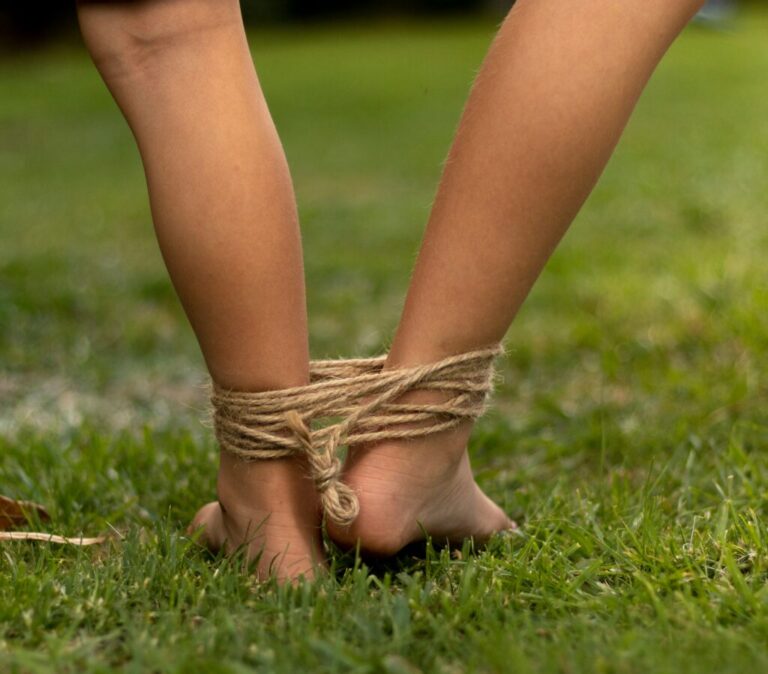Recovery from addiction will be challenging and sustaining long-term sobriety is always a work in progress. There are patterns to break, habits to ditch, new skills to learn. Your body and mind will need some care and attention to heal. That\’s exactly how running fits in.
You may have been told about the importance of routine and structure, particularly in the early stages, of eating right and exercising. Research shows that running can be an extremely effective form of exercise when trying recover from substance misuse. The benefits are there for the taking – physical and psychological and you don’t need to run a marathon to reap them. Have a read and see what you think.

You’ll make friends
Running eases that awful sense of isolation that can plague us in early recovery. You don’t need to join a running club or find your local ParkRun to see the difference. If you run outdoors, you’ll start to see the same people, smile, say hello, even stop for a chat. Maybe you’ll find a regular coffee shop to stop at afterwards. And if you sign up to a gym, well, there’ll be plenty of like-minded people there for you to get to know.
Running can heal your body
No one enters recovery in tip top physical fitness. Most find that their physical health has been significantly impaired. However, running for just 20 minutes a day can help you alleviate the health risks you may have come face-to-face with. Running strengthens your muscles and can make your heart and lungs work more efficiently. In addition, running can reduce your risk of premature death by at least 20 per cent.
And it can heal your mind
Running may help your brain heal from the damage caused by your substance abuse. It gives you a boost of endorphins, which can make you feel happier or more positive. Running reduces cortisol levels and promotes relaxation. This natural boost helps to alleviate withdrawal symptoms and cravings, leading to a smoother recovery process.
You’ll feel better about yourself
Most people who enter recovery feeling pretty rotten about themselves, plagued with feelings of self-loathing. In contrast, running can improve the way you feel about yourself. It gives you a sense of accomplishment and pride. Recovery often involves rebuilding self-esteem and self-worth. Successfully achieving running milestones – a longer distance or a faster time – can significantly enhance an individual’s confidence and self-belief.
It’ll give you a new focus
Running requires time and energy. Taking up running as a hobby can fill your time, help you shift your focus outside of yourself and lead to new experiences. This sort of purpose and distraction is just what you need in those early days of sobriety.
It’s a natural brain boost
Substance abuse is not good for your brain. Somewhere between 30 and 80 per cent of those with alcohol drug use disorder will have experienced a decline in cognitive function. Your concentration and memory suffers. In contrast, running has been shown to improve memory, focus, and overall brain health.
It’s a great stress reliever.
Managing your stress is essential in addiction recovery. Running changes your brain chemistry by increasing the amount of anti-anxiety neurotransmitters, like serotonin and a group of biochemicals called endocannabinoids that produce the same calming high that you can get from consuming cannabis. After running, any endorphin boost can lift your mood for up to 24 hours, meaning you’ll feel happier, more optimistic and ready to take on the day – just the sort of attitude you need if you’re going to stay on track.
You’ll sleep better
Insomnia plagues many in early recovery. As running reduces your stress, it can have a positive knock-on effect on those sleepless hours wasted tossing and turning. Research also tells us that runners may fall asleep up to 13 minutes faster and sleep more deeply.
It’s a way of creating a routine
I run every day. Not fast, not elegantly or with any grace or style. But most mornings I will put my trainers and headphones on and move my legs. Over time, I’ve found my rhythm. I know for me, I have to run first thing. Otherwise, I will procrastinate too much and find a reason to do other things first. Doing physical activity will help you create a routine, which is vital as you return to your everyday life. Routines force you to plan your time, which in turn, reduces the risk of relapse. You will start to feel productive and less bored.
How to start running in recovery
I don’t want to put you off before you’ve even started, but I should point out that most people don’t necessarily like running in the beginning. Regardless of whether you’ve run in the past, getting started is always the hardest part of taking up running. But it’s not all bad. The good news is that even a small amount of running can provide a host of benefits for both your mind and body. And you don’t need a lot of equipment or an expensive membership to get started. Get a good pair of running shoes, get the right clothes for the weather and you’re all set.
With all new exercise regimes, if you are nervous you should talk to your doctor before starting. Like with everything new, you should start slowly and build gradually. So, begin with a few short runs that are made up of a combination of running and walking. You mustn’t worry about how fast or far you are going. It’s enough to be moving your body and doing something positive. So, do what you can and trust that the next time it will be a little bit easier.
Find a friend or a running group to keep you going. Or if you’re more of solo runner, you could try a running app to inspire you. There are lots of varieties of couch to 5K apps out to motivate and structure your running.
For more help in early recovery get in touch at anna@kingsleycounselling.com


